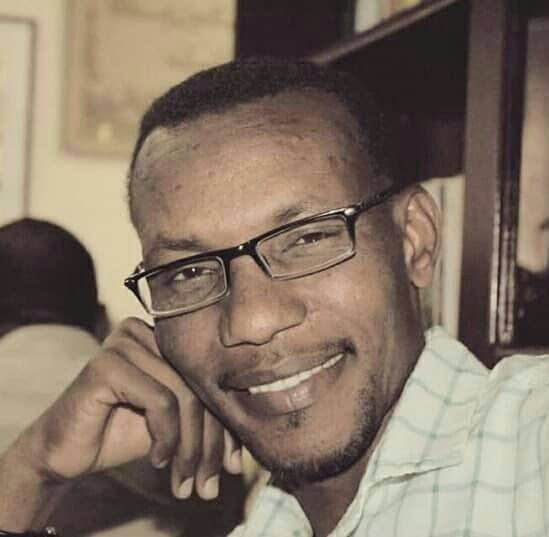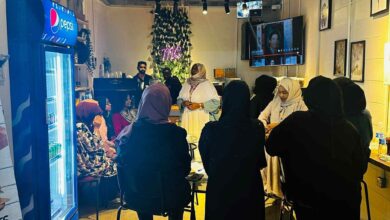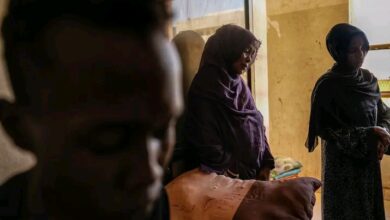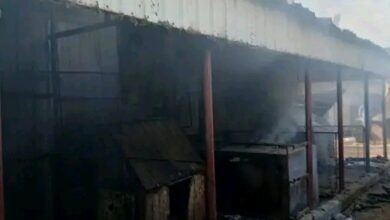
Anyone closely following the humanitarian situation in Sudan after the cursed war that erupted in April will recognize a worsening crisis marked by growing complexity each passing day. The result has been devastating humanitarian and economic conditions—displacement, hunger, and disease have become the overarching themes of this tragedy. The world watches Sudan, the land of the two Niles, with pity and compassion, as some of its people have died of thirst, hunger, and heartbreak—before being struck by bullets.
The situation continues to deteriorate rapidly—economically, socially, and medically. Despite the triumph of a spirit of solidarity over despair, helplessness, and dwindling resources, the current state of affairs has overwhelmed even the most dedicated actors. Their tireless efforts could no longer contain the scale of the tragedy that has outgrown the generosity of benefactors and the reach of goodwill. Yet, the human spirit still shines through in the generosity, nobility, and selflessness of the Sudanese people, even during their darkest and most desperate times.
Social life, at its core, is one of the highest forms of human connection. Many sages have described it with words that elevate its meaning and impact—affirming that a person’s greatness is measured by how selflessly they serve others. Motivated purely by a desire to give and do good, volunteers ignite the fires of tekayas (traditional community kitchens), even as the fires of war surround them. Many of them have lost their lives while trying to save others.
Such unwavering dedication has earned Sudan’s Emergency Response Rooms a nomination for the 2025 Nobel Peace Prize, as announced by Henrik Urdal, Director of the Peace Research Institute Oslo (PRIO). These rooms topped the shortlist due to their extraordinary efforts and resilience amid a brutal and expanding war.
He noted the volunteers’ courage, risking their lives to reach those in need with food, water, shelter, and medical care. Their efforts played a critical role in preventing the spread of famine and disease, protecting civilians from violence, and defending their basic rights.
Undoubtedly, they deserve this prize—and many more—for their work, which transcends the value of any certificate or award.
Despite dire warnings from several UN agencies indicating that 97% of the population faces dangerous levels of hunger, and 25 million people are acutely food insecure, meeting these overwhelming needs requires massive funding and immense effort. And yet, it is the spirit of the tekayas that breathed life into the actions of local responders. These tekayas became the only option for millions of Sudanese—both those who remained in their communities and the displaced who had lost their livelihoods and homes.
Across the country, tekayas established by emergency rooms, charitable individuals, and youth collectives continued to operate, fueled by personal contributions, volunteer organizations (though few), and international aid supplies—most of which remained stockpiled in warehouses, reaching only a small fraction of those in need.
In every corner of Sudan, the tekayas outperformed expectations, providing much-needed food, medical supplies, and more. Their roots lie in deep Sufi traditions, passed down through generations and now ingrained as a social culture whose continuity is praiseworthy—especially amid the escalating war and collapse of law and order that has claimed countless lives and devastated livelihoods.
The volunteers work tirelessly, with youthful spirit and undeterred determination, ignoring the dangers surrounding them from every direction—even while some seek to undermine and discredit them, accusing them of betrayal or foreign affiliation. These harassments seek to diminish their impact and weaken their role, even though countless people rely on them for hope and assistance.
Volunteering is a culture only understood by those who believe in it, and who recognize the power of its message—to strengthen communities, support development, and lift people from poverty, hunger, and disease.
Among the most powerful of these initiatives are the Emergency Rooms, launched by groups of young volunteers aiming to provide essential services to those facing the perils of death, hunger, and illness. Their mission extends to tackling challenges like access to drinking water, electricity, and communication—anything that can ease the burden of war on civilians since April 2023.
These humanitarian rooms operate under extreme conditions, delivering medical and social services to victims of the conflict in high-risk environments. Volunteers constantly face immense challenges, including threats to their security, exposure to violence, and even the risk of being killed.
In a time when institutions falter and global attention fades, it is these selfless volunteers—guided by the enduring spirit of the tekayas—who continue to light the way for a nation in crisis.




